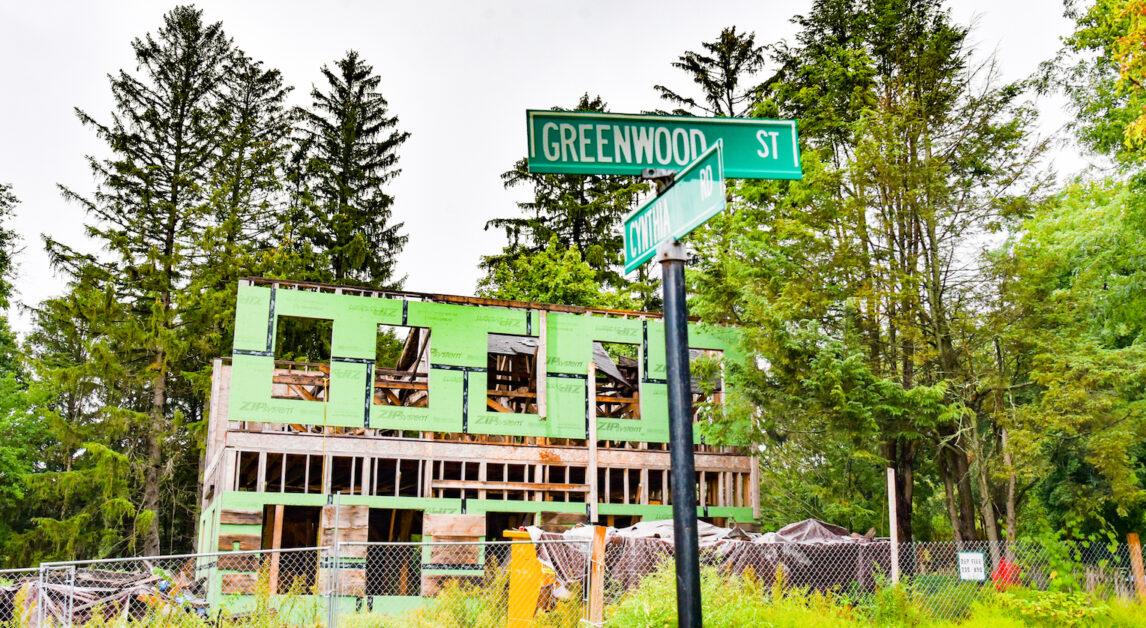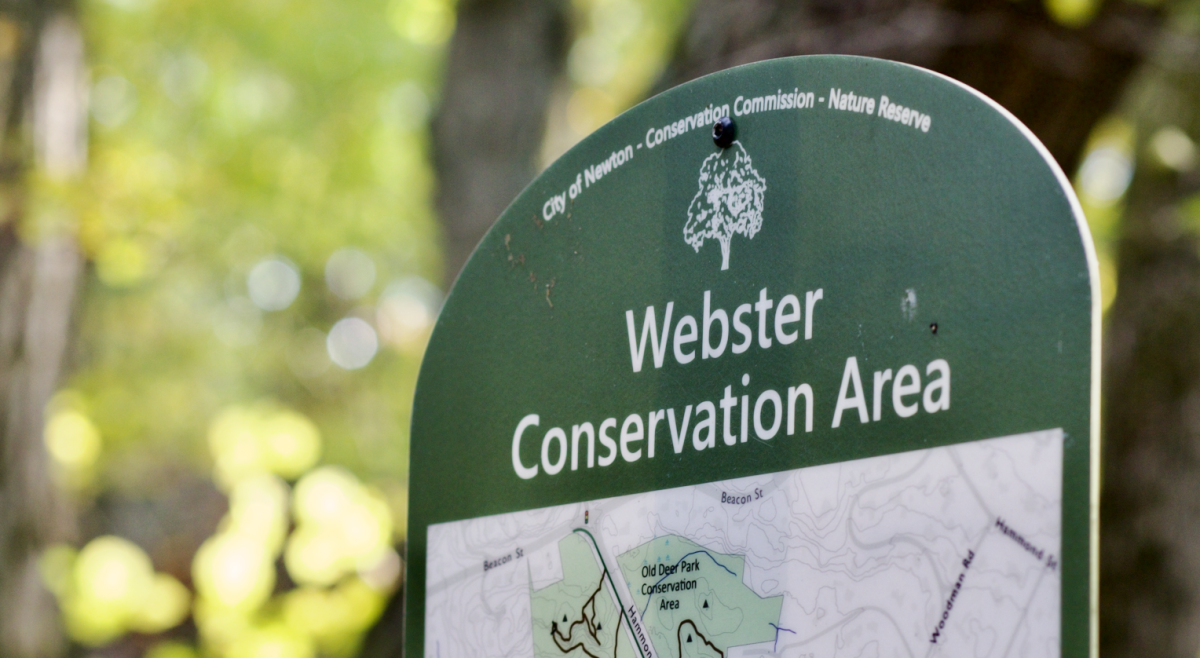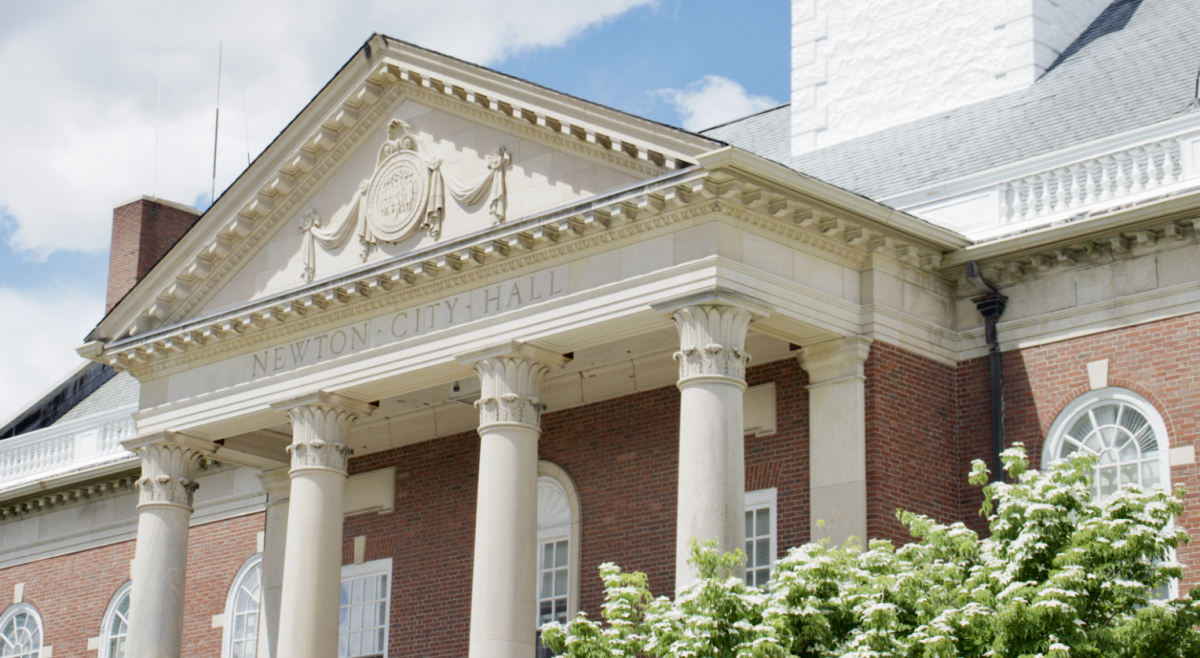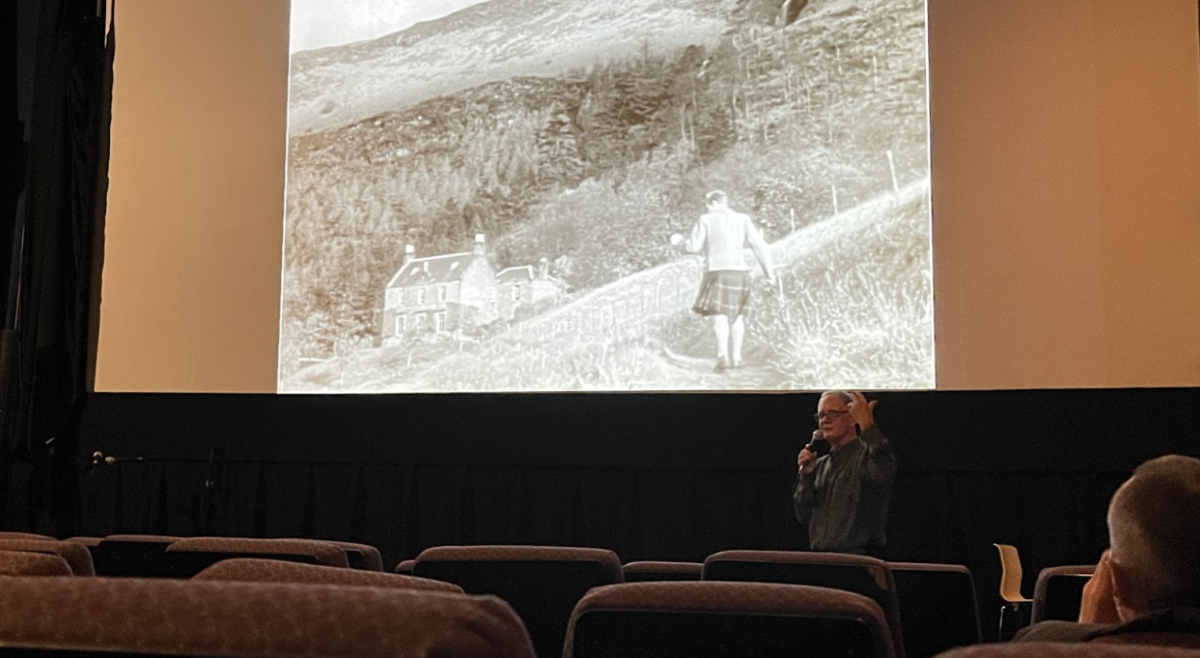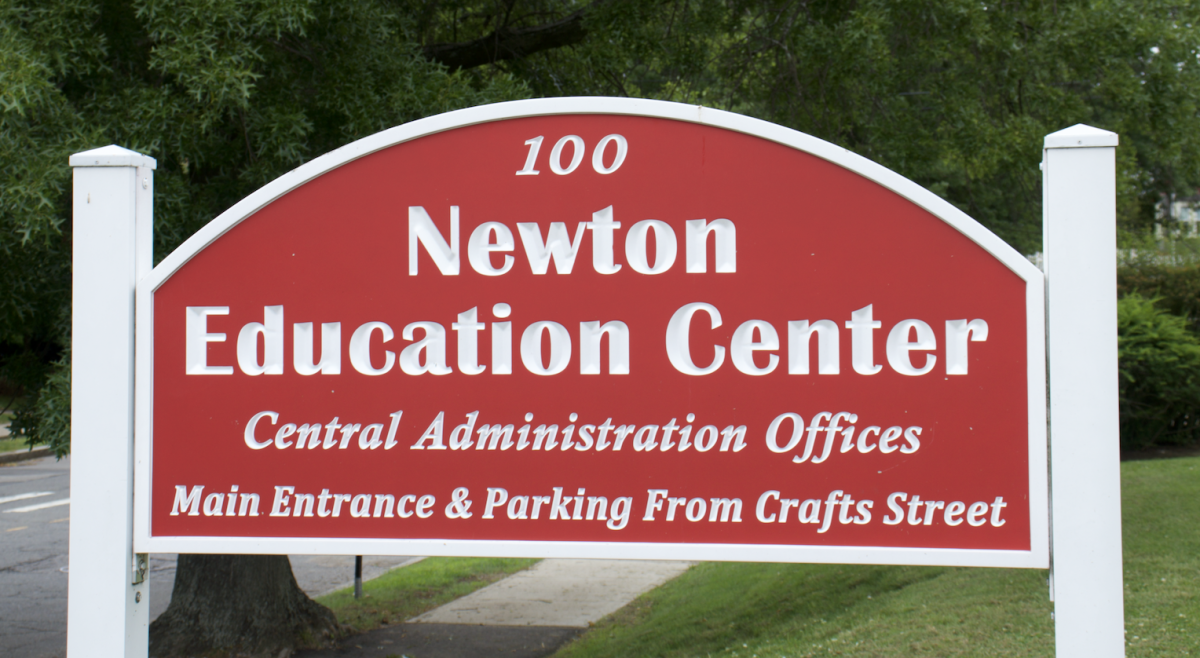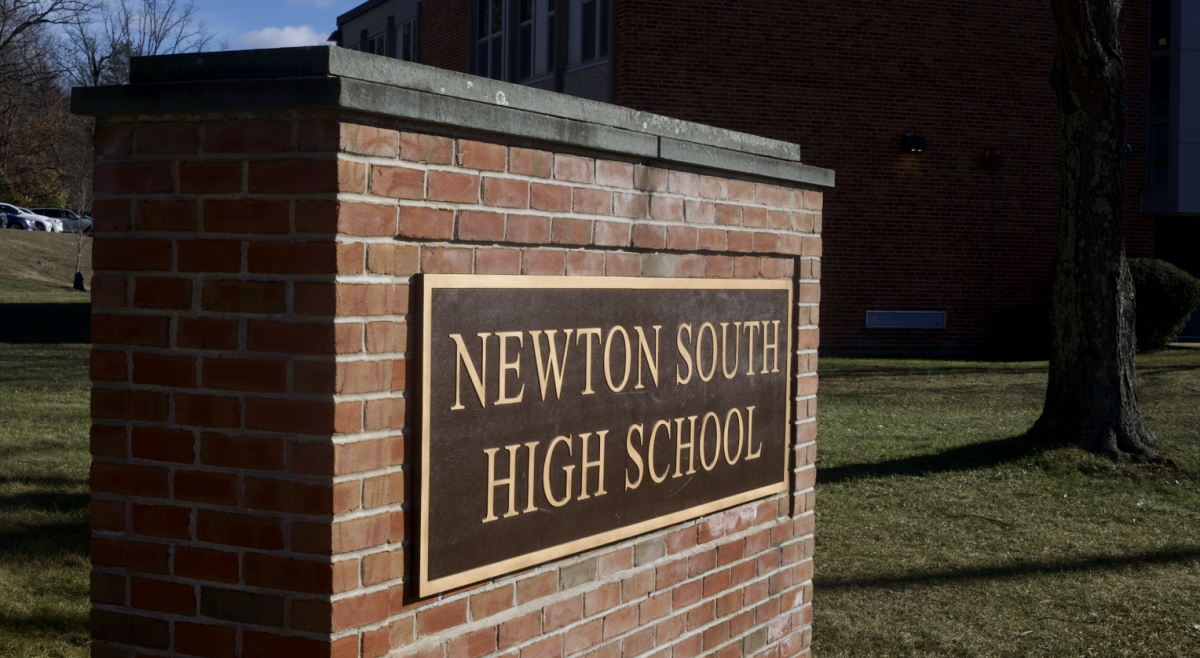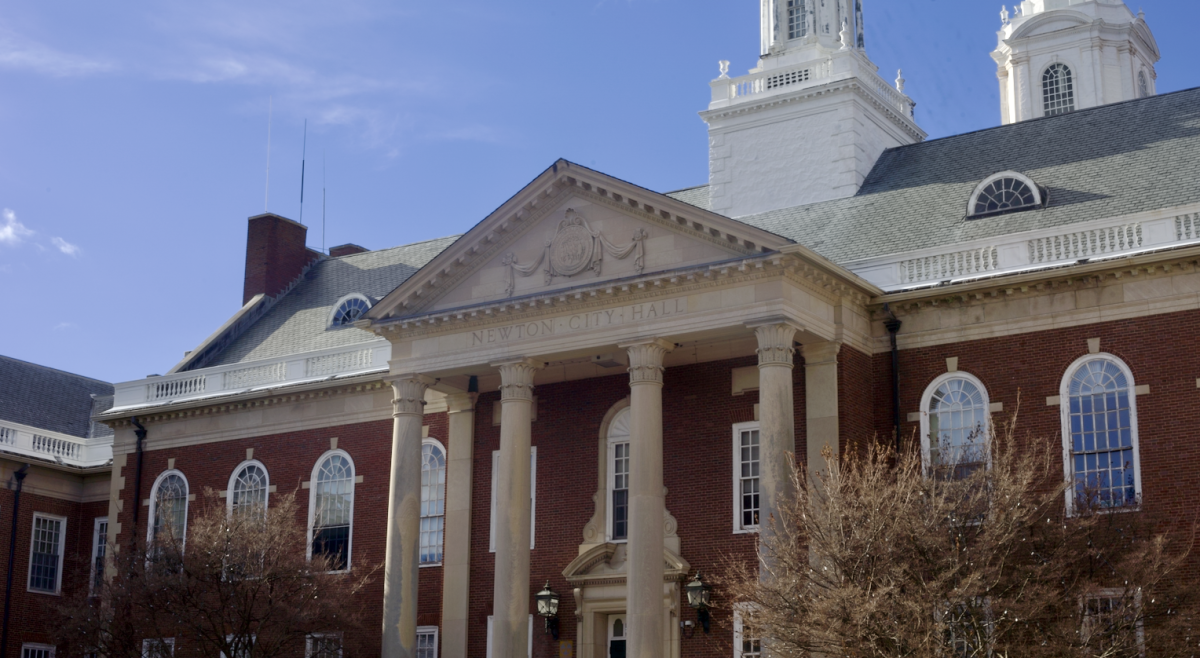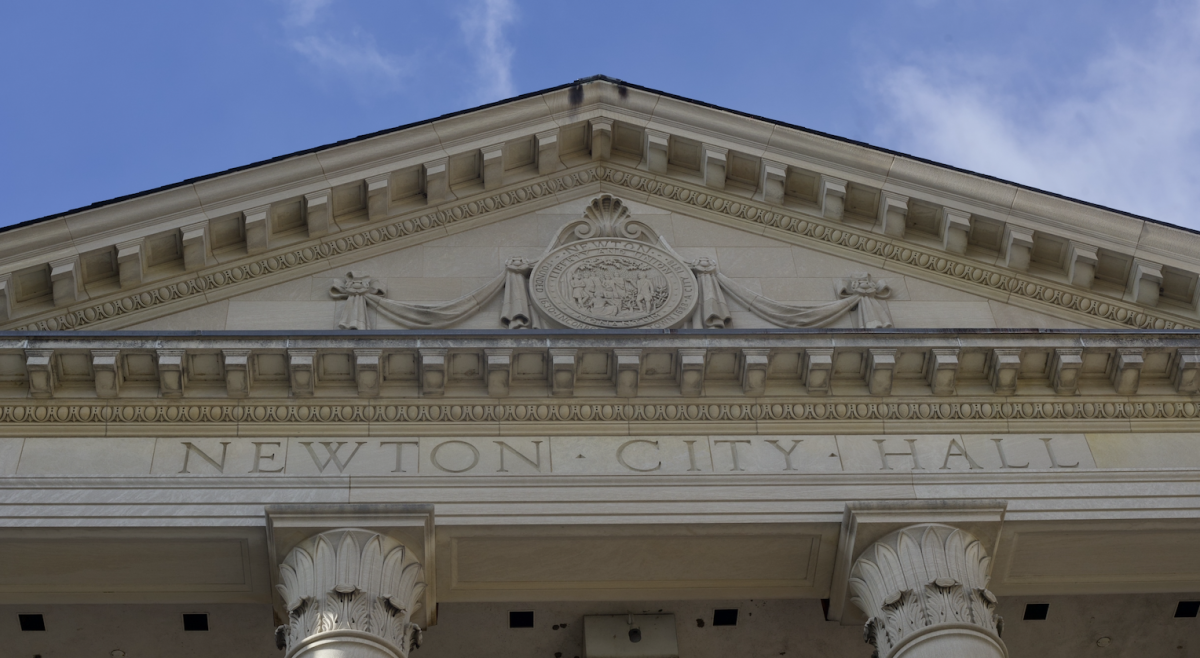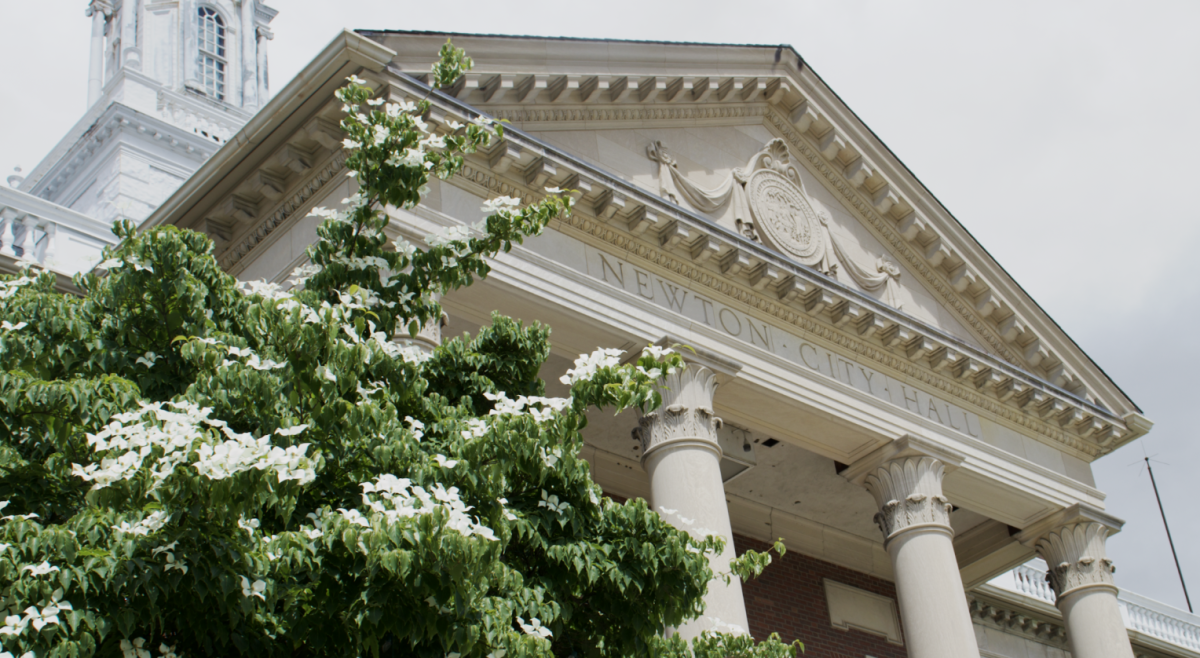Tarps only partly cover the decaying plywood and scrap metal that clutter the lot at 29 Greenwood St. Traces of what was once the Gershom Hyde House—a centuries-old historic home demolished in 2021 without the City of Newton’s approval—are hard to find at the address, where only a half-standing wooden frame remains.
It might stay that way for a while.
The Newton Historical Commission voted unanimously against a plan to reconstruct the home on Aug. 2. The vote marked the second time in a nine-month period that property owner Ty Gupta failed to get a remediation plan past the commission, according to Mayor Ruthanne Fuller’s newsletter.
The commission approved a plan in 2017 that sought to restore the home and build a rear addition. But in April 2021—after Gupta acquired the property that January—building inspectors found it demolished and replaced with a new frame, according to the newsletter.
At the Aug. 2 meeting, the commission also extended a stop-work order—first issued after the building’s demolition—that bars Gupta from conducting work on the property, according to the newsletter.
The order comes with a $300-per-day fine that now totals nearly $150,000. Without the approval of a remediation plan, the commission will continue to levy this fine against the owner.
The Gershom Hyde House, which is located by Newton South High School and Kennard Park, is a colonial-style home that dates back to the 1740s and is listed on the National Register of Historic Places.
The chair of the historical commission declined to comment on the vote.
A phone number associated with Gupta’s name was disconnected. An architect who represented Gupta at the Aug. 2 meeting did not respond to a phone call and voicemail requesting comment. The demolition was not Gupta’s first controversial move as a Boston-based developer. In 2020, the Beacon Hill Architectural Commission expressed its concerns at a public hearing after Gupta conducted unapproved work on a property on Otis Place.
“It was concerning that there were so many violations seeing that the applicant has appeared before the Commission several times in the recent past,” the meeting’s minutes read. “Many of the work items were never even applied for and should be reversed.”
Sean Cao has lived down the street from 29 Greenwood Street for 10 years. He said Gupta deserves consequences for his actions.
“I think he should be penalized for not doing what he planned to do,” Cao said.
But Cao also said that halting construction on the property is not a permanent solution. Cao lives down the street from the pile of debris, which sits among million-dollar properties with lush green lawns.
“Living here, I don’t feel [the eyesore] too much,” Cao said. “But I feel bad about the people who bought the house next to it.”
Anne Greer, an attorney, closed on a home adjacent to the property in June 2021—after the city issued a stop-work order on the 29 Greenwood Street property. She thought the property’s condition would be temporary.
“We didn’t anticipate that it would still be going on—and still be going on with no resolution in place,” she said.Before work started on the home in 2017, Cao said the home’s condition was getting worse year by year.
Greer said the once-historic property has become a blemish to the neighborhood.
“I mean, there’s no doubt that there used to be an old house there that could have been beautifully restored,” Greer said. “And now there is a soaking wet pile of rotting wood.”
Since she bought the adjacent home, Greer said the mess on Gupta’s property has become worse.
Greer said debris from 29 Greenwood once encroached on her property. Gupta installed a chain-link fence after the property had become a safety hazard, according to Greer.
“This is not an active building project,” Greer said. “It is also not a house that anyone is living in or could live in. So in my mind, it’s a vacant property. And in Newton if you own a vacant lot, you have to maintain it to some level. It’s a sort of bare-bones level.”
Jean Spivak, who lives down the street from the Gershom Hyde House, said the home began to deteriorate in recent years, though he thought it could have been preserved. Spivak also said he hopes the city and owner reach a resolution soon so construction can resume.
“I’m hoping that they’ll get that resolved so they can get the house redone in some form in order to get all of us in a much better place,” Spivak said. “Because you really don’t want to see unfinished property.”
Greer also said that she hopes for a resolution in the future.
“It has become a very emotionally and politically charged project,” she said. “And I appreciate the emotions, and I appreciate the politics, but at some point, [you have to] put the emotions in one place and the politics in another place and just focus on a solution for the property.”
Images by Nicole Vagra / Heights Editor

